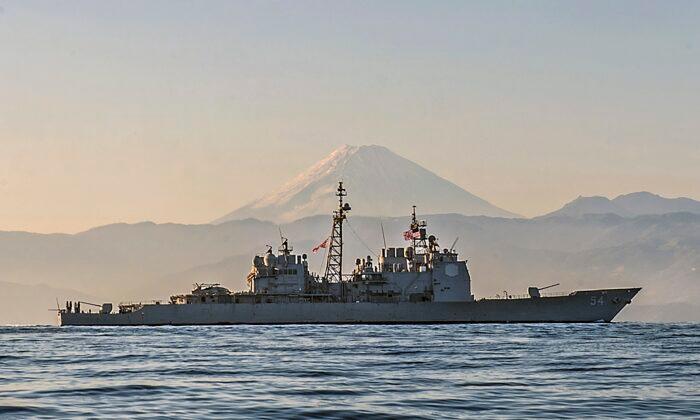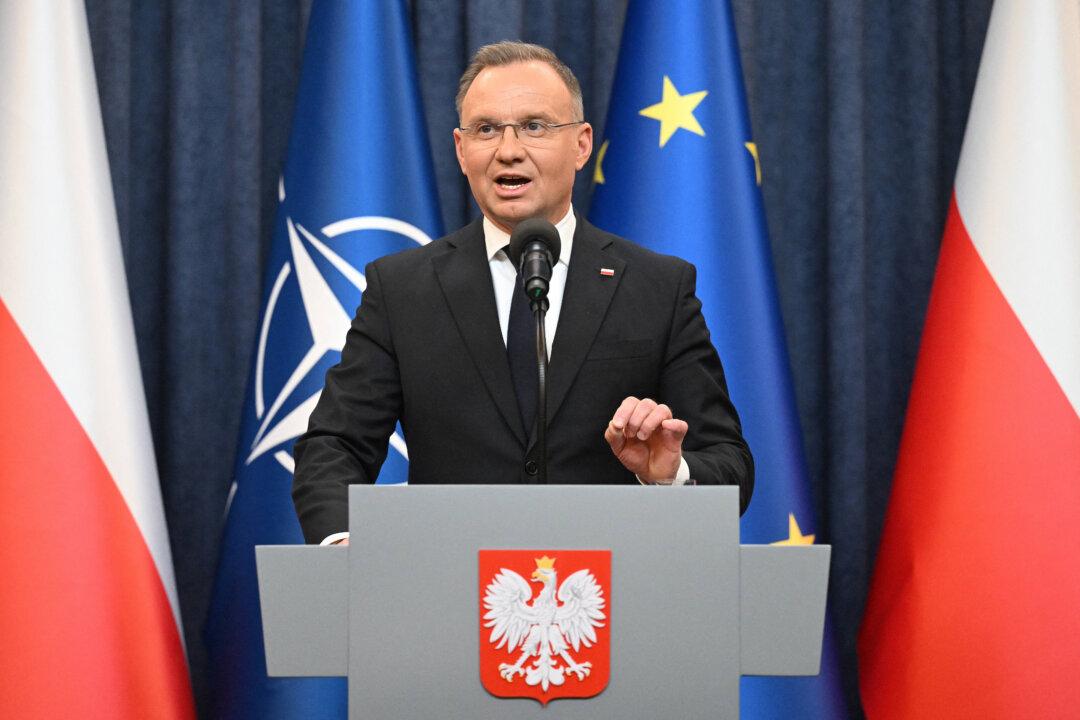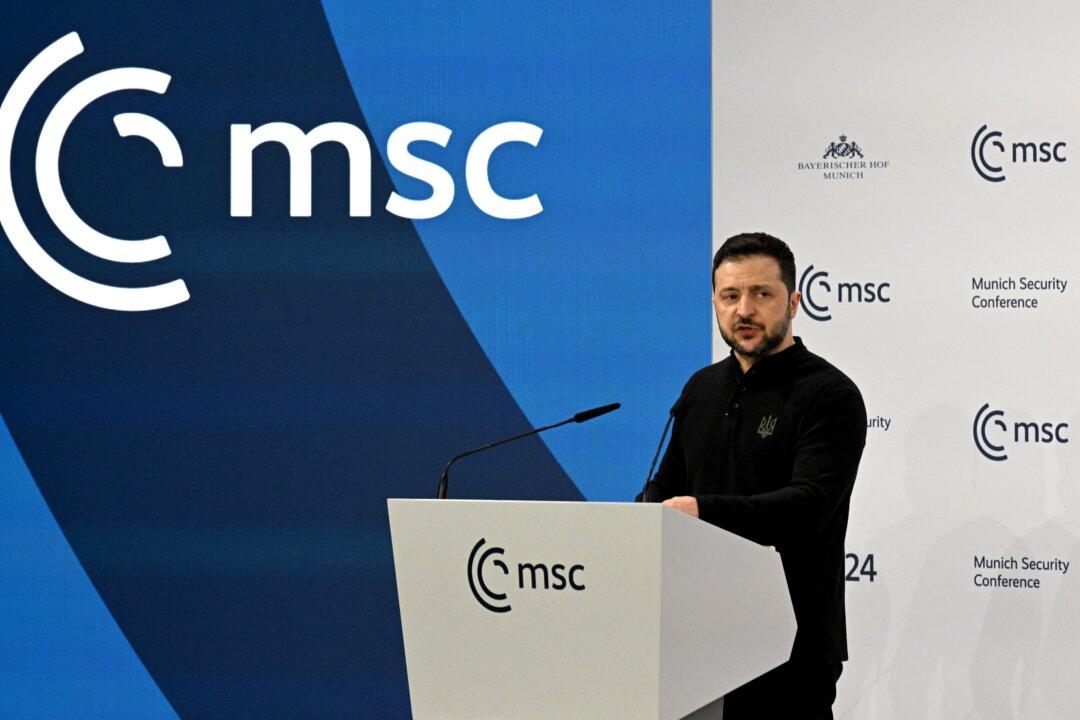The United States’ coordination with allies and partners in the Indo-Pacific is at a historic high, according to a senior Pentagon official.
The nation is making progress in evolving its alliances with nations that include Australia, India, Japan, the Philippines, and South Korea, in a bid to stabilize the region and counter Chinese communist aggression, said Assistant Secretary of Defense for Indo-Pacific Security Affairs Ely Ratner.
“This is a moment of unprecedented alignment in our alliances and partnerships in the region,” Ratner said during a talk with the Center for a New American Security think tank on June 8.
“We have unprecedented engagement and momentum in these relationships,” he said.
Indo-Pacific Is Bigger Than China
The acknowledgement of those talks came after numerous headlines focused on Defense Secretary Lloyd Austin’s walk across a room to shake the hand of his Chinese counterpart, Li Shangfu, who had refused all requests to arrange a meeting between the two.Ratner underscored, however, that the meetings with allies went well beyond the United States’ ongoing competition with China.
Describing the allies as having a “shared vision” for the future, Ratner said the administration is working with regional partners to develop allied military capabilities, to better distribute security forces, and to create a cohesive network of allies with which to co-produce and co-develop new military technologies.
“This is something that think tanks and strategists have been talking about for a long time in Washington,” Ratner said. “I think it’s coming together in a way that’s more real now than it’s ever been before.
Allies Seeking Stability
Ratner said that the United States has made significant progress over the past six months in deepening its security relationships in the Indo-Pacific through several initiatives, agreements, and high-level visits.These include summits at the White House with Japanese Prime Minister Fumio Kishida in January, South Korean President Yoon Suk Yeol in April, and Philippines President Ferdinand Marcos Jr. in May.
In the Philippines, he said, the United States secured agreement for military access to 14 Philippine bases. There is no intention to build permanent U.S. bases in the Philippines, Ratner clarified. Such access will allow the two powers to rotate forces and enhance humanitarian and disaster relief efforts, and better deter Chinese communist aggression.
The department is also working with the Philippines on a new security assistance road map to help the nation develop asymmetric capabilities that will help it ensure its own maritime security.
Ratner described the move as an attempt to level up the Philippines’ alliance with the United States, and better integrate it with more established allies like Australia and Japan.
“We are conceiving of the Philippines as one of our most important alliances in the region,” Ratner said. “The Philippines-U.S. alliance is now rising to be on par with those other major alliances in the region.”
Likewise, he said, the “alignment” of U.S., Japanese, and South Korean strategies were “incredibly encouraging.”
Ratner said that allies and partners in the region sent a clear message to the administration that they desired the stability afforded by the U.S. presence in the Indo-Pacific to continue for the long haul.
“There’s a very strong demand signal right now for the United States to be playing its traditional, stabilizing role, and countries see their partnership with the United States as part of that,” Ratner said. “It is my firm belief right now that the forces of stability are outpacing the forces of aggression and coercion.”





